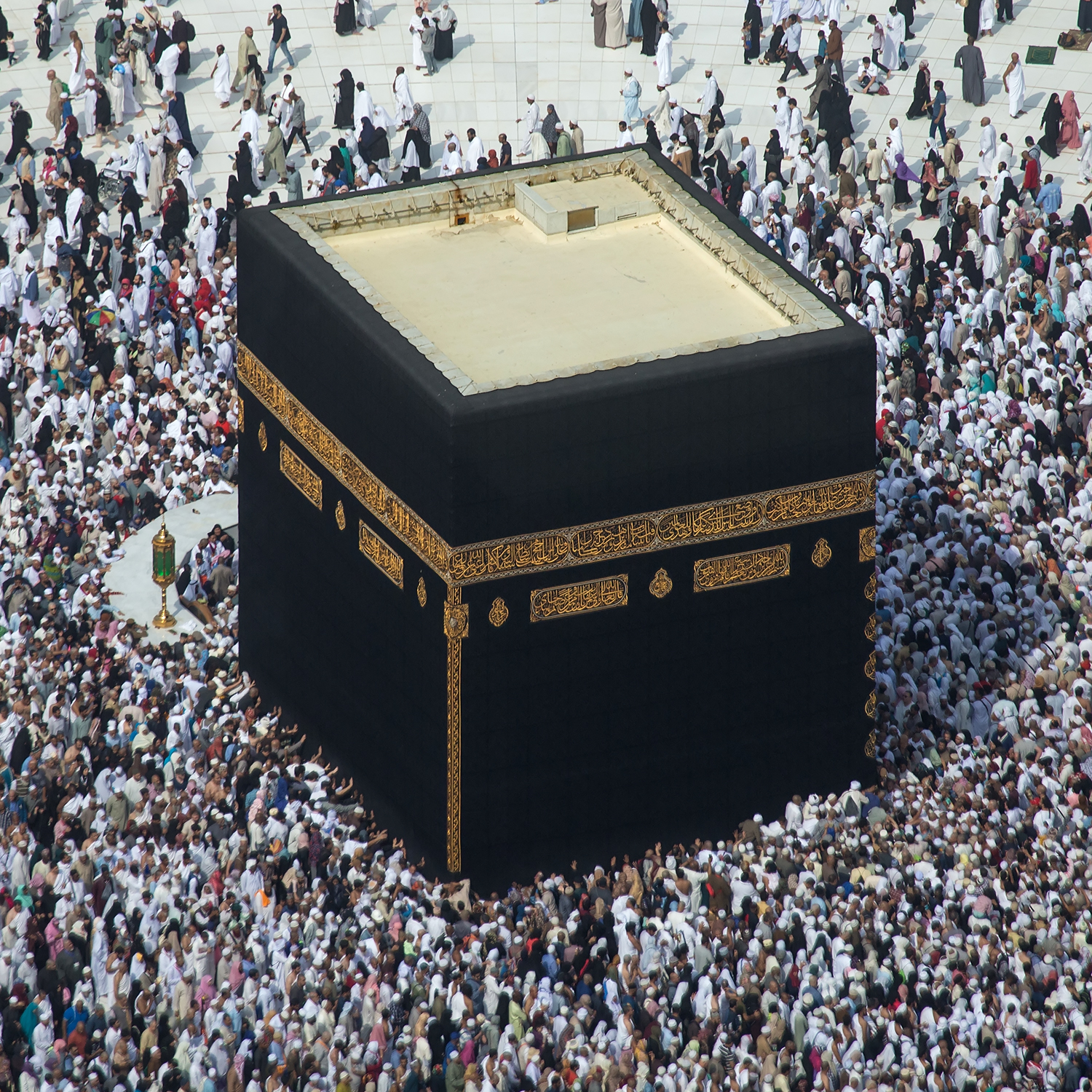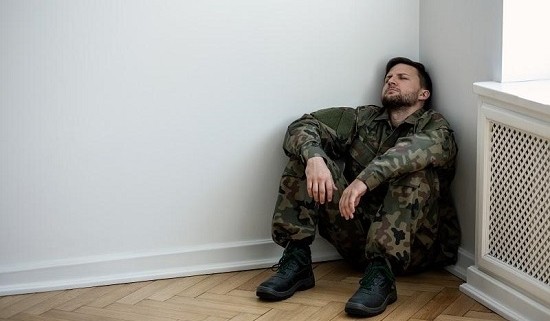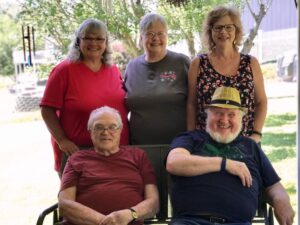On Father’s Day, I was back home in Mineral Wells, WV with my Dad, reminiscing with my sisters about growing up together. One story that we nearly always revisit is the time that Tammy ran over me with her bicycle. We have never agreed on exactly what happened. I remember playing in the dirt road in front of our house with my G. I. Joe, when suddenly I was hit from behind. My face hit the dirt–I can still taste the dust, and for a long time, until it was worn smooth, I could feel with my tongue the chip in my front tooth.The bike ran right over my back–it may have actually skidded over me as Tammy tried to stop.
The thing is, Tammy is sure that I dared her to run over me, even lying down in the road so that she could do it! Tracey was tiny then, and Dee Dee hadn’t even been born, but they tend to side with Tammy (perhaps because they know me so well)–and they may be right. What really happened? Who knows? And why does it matter? Sharing the story is the main thing!
Much of the Hebrew Bible feels like that: family stories, told and retold, remembered a little bit differently depending on who is telling them! In Genesis, that family circle includes Jewish and Arab peoples: both alike descended from Abram, whose name means “exalted father.”
In both the Bible and the Quran, Ishmael is remembered as the firstborn son of Abraham and the ancestor of the Arabian people. However, in the Quran, Ishmael is a prophet, and he, not Isaac, is the child of promise (Sura 19:54).
![Title: The Macklin Bible -- Departure of Hagar [Click for larger image view]](https://diglib.library.vanderbilt.edu/cdri/jpeg/macklin-hagar-bw-8972h.jpg)
The Hebrew Bible reading for Sunday in the lectionary is Genesis 21:8-21:
On the day [Isaac] stopped nursing, Abraham prepared a huge banquet. Sarah saw Hagar’s son laughing, the one Hagar the Egyptian had borne to Abraham. So she said to Abraham, “Send this servant away with her son! This servant’s son won’t share the inheritance with my son Isaac.”
This upset Abraham terribly because the boy was his son. God said to Abraham, “Don’t be upset about the boy and your servant. Do everything Sarah tells you to do because your descendants will be traced through Isaac. But I will make of your servant’s son a great nation too, because he is also your descendant.” Abraham got up early in the morning, took some bread and a flask of water, and gave it to Hagar. He put the boy in her shoulder sling and sent her away.
She left and wandered through the desert near Beer-sheba. Finally the water in the flask ran out, and she put the boy down under one of the desert shrubs. She walked away from him about as far as a bow shot and sat down, telling herself, I can’t bear to see the boy die. She sat at a distance, cried out in grief, and wept.
God heard the boy’s cries, and God’s messenger called to Hagar from heaven and said to her, “Hagar! What’s wrong? Don’t be afraid. God has heard the boy’s cries over there. Get up, pick up the boy, and take him by the hand because I will make of him a great nation.” Then God opened her eyes, and she saw a well. She went over, filled the water flask, and gave the boy a drink. God remained with the boy; he grew up, lived in the desert, and became an expert archer. He lived in the Paran desert, and his mother found him an Egyptian wife.
In the Hadith (a collection of Muslim teachings and traditions related to the Quran in something like the way that Talmud is related to the Hebrew Bible), the story of Hagar and Ishmael in the wilderness is retold:
Abraham brought her and her son Ishmael while she was suckling him, to a place near the Ka’ba under a tree on the spot of Zam-zam, at the highest place in the mosque. During those days there was nobody in Mecca, nor was there any water. So he made them sit over there and placed near them a leather bag containing some dates, and a small water-skin containing some water, and set out homeward. Ishmael’s mother followed him saying, “O Abraham! Where are you going, leaving us in this valley where there is no person whose company we may enjoy, nor is there anything (to enjoy)?” She repeated that to him many times, but he did not look back at her Then she asked him, “Has Allah ordered you to do so?” He said, “Yes.” She said, “Then He will not neglect us,” and returned. . . When the water in the water-skin had all been used up, she became thirsty and her child also became thirsty. She started looking at him (i.e. Ishmael) tossing in agony; She left him, for she could not endure looking at him, and found that the mountain of Safa was the nearest mountain to her on that land. She stood on it and started looking at the valley keenly so that she might see somebody, but she could not see anybody. Then she descended from Safa and when she reached the valley, she tucked up her robe and ran in the valley like a person in distress and trouble, till she crossed the valley and reached the Marwa mountain where she stood and started looking, expecting to see somebody, but she could not see anybody. . . . When she reached the Marwa (for the last time) she heard a voice and she asked herself to be quiet and listened attentively. She heard the voice again and said, “O, (whoever you may be)! You have made me hear your voice; have you got something to help me?” And behold! She saw an angel at the place of Zam-zam, digging the earth with his heel (or his wing), till water flowed from that place. She started to make something like a basin around it, using her hand in this way, and started filling her water-skin with water with her hands, and the water was flowing out after she had scooped some of it. . . . Then she drank (water) and suckled her child. The angel said to her, “Don’t be afraid of being neglected, for this is the House of Allah which will be built by this boy and his father, and Allah never neglects His people” Hadith 4:583.

In the Hadith, this story is set in Mecca, not Beer-sheba, and connected to the building of the Ka’ba (the destination of the pilgrimage, called the hajj, that all pious Muslims who are able are to make at least once in their lives) by Ishmael and Abraham. The Hadith also seems a bit kinder to Abraham than the Genesis account! Arabs and Jews remember their shared past differently–but then, that is how memory works. What we remember, and how we remember it, depends to a great degree on who, where, and how we are.

Last Monday, June 19, was a relatively new federal holiday, established by the passage of the Juneteenth National Independence Day Act, signed on June 17, 2021 by President Joe Biden. Juneteenth recalls June 19, 1865, when Union soldiers, led by Major General Gordon Granger, landed at Galveston, Texas with news that the war was over, and that the enslaved were now free. This was over two months after the surrender of General Robert E. Lee on April 9, 1865, and two and a half years after President Lincoln’s Emancipation Proclamation, delivered on January 1, 1863. Yet Black Americans in Galveston remained enslaved until the arrival of General Granger’s regiment overcame local resistance to the idea of liberation.
 Although denigrated by some as a new, “woke” holiday, Juneteenth has long been celebrated in African American communities, especially in the South, and particularly in Texas! That many of us white folk had not heard of this day and its significance says more about whose stories we have heard, and how we have chosen to remember our past, than it does about the day or its significance.
Although denigrated by some as a new, “woke” holiday, Juneteenth has long been celebrated in African American communities, especially in the South, and particularly in Texas! That many of us white folk had not heard of this day and its significance says more about whose stories we have heard, and how we have chosen to remember our past, than it does about the day or its significance.

Some Americans, concerned that exposure to the darker and more painful aspects of our past will prevent patriotism, have urged that history texts, at least in younger grades, should avoid tragic aspects of our history–particularly regarding slavery. But significantly, the Hebrew Bible never does that! Israel’s past is recalled with clear eyes, and its heroes are depicted in all their humanity: even David, even Moses, even (as Sunday’s Hebrew Bible passage reminds us) Abraham.
Our personal histories, and our own memories, can reflect those same struggles and temptations. We may pump up our own accomplishments, and downplay our own failings. That is when we need our siblings, in family and in the faith, to remind us of how they remember our actions—which is bound to keep us humble.

However, conversely, we may find ourselves trapped by our memories: unable to escape the trauma of our past. Psychologists now give this a name: Post-Traumatic Stress Disorder, or PTSD. Although commonly associated with veterans struggling with wartime violence and trauma, painful memories can cripple victims of child abuse, gun violence, or of neighborhood crime, too.
Jesus never promised that all would go well for his followers—indeed, he told us we should expect to be no better received by the world than he was: “If they have called the head of the house Beelzebul [that is, a devil!], it’s certain that they will call the members of his household by even worse names” (Matthew 10:25). Nor does Jesus call us to deny, or forget, our past—as though we could. He does promise that God’s light will reveal all: that God sees all, even those who think that their abusive acts are hidden (Matthew 10:26-27).
Jesus also promises that God, who knows us thoroughly and sees us clearly (“Even the hairs of your head are all counted;” Matt 10:30), also loves us and cares for us. He whose eye is on the sparrow (Matt 10:29-31) certainly watches, knows, and cares for us.
How we remember our past can either bless or curse our present and our future. But God can heal our memories, too, so that we can face them honestly without being controlled by them.
AFTERWORD: If you are struggling with painful memories that you cannot escape, please do not suffer alone! Talk to your pastor or physician for referral, or check out these resources. If you are a veteran, the Department of Veterans Affairs has a crisis center you can contact for guidance and help.

